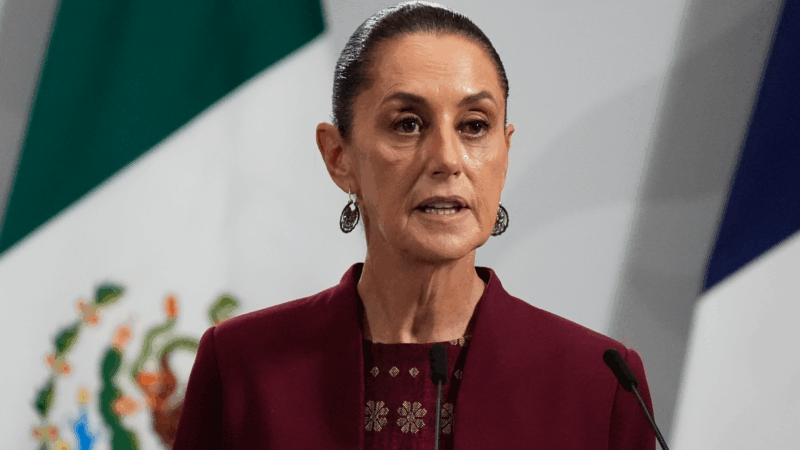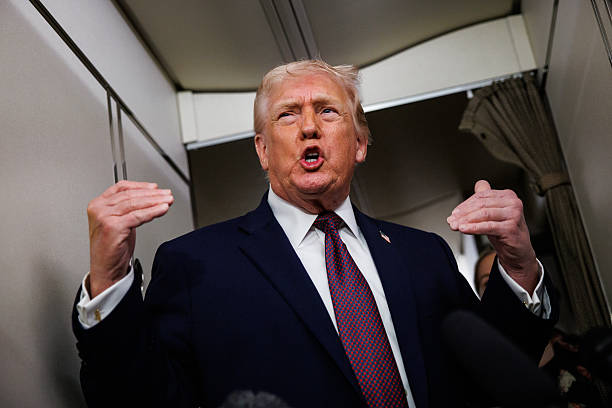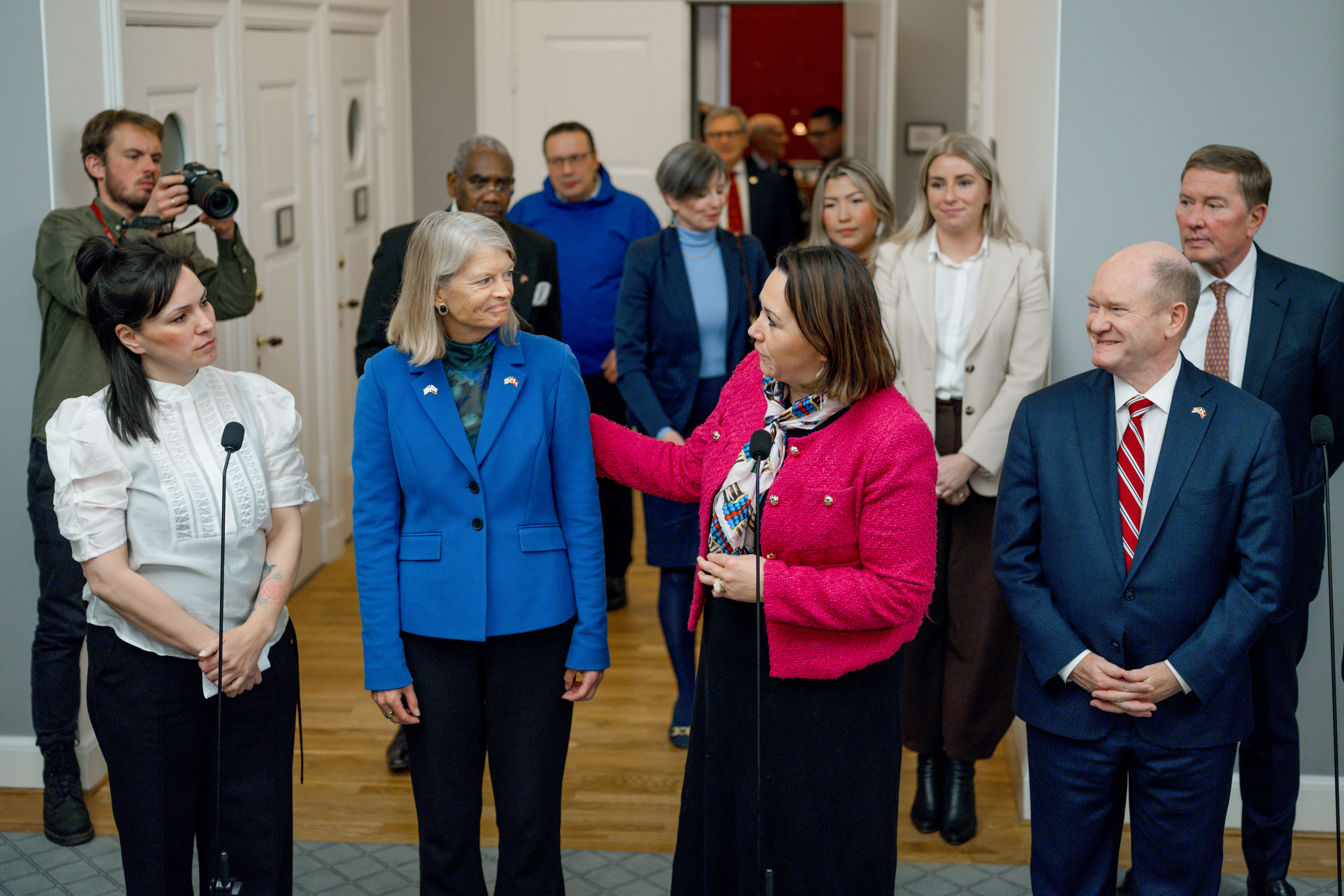How NPR covers itself when it’s in the news
When NPR is in the news, as it was this week, our journalists aim to cover what’s happening the same way they cover any other organization. To do that, the NPR newsroom follows a process aimed at ensuring only a small number of employees, none of whom are directly involved in the news event, works on the coverage.
This process, which the newsroom refers to as “the protocol,” was used, for example, in 2024 after a news site called The Free Press published an essay by then-NPR editor Uri Berliner. Titled “I’ve Been at NPR for 25 Years. Here’s How We Lost America’s Trust,” it alleged that NPR had developed a liberal bias that was affecting its ability to cover the news fairly. NPR’s media correspondent and his editors decided it was important to cover, and wrote several stories for NPR’s website and its radio shows.
In cases like that, a small group of NPR journalists is tasked with covering the story and isolate themselves from the rest of the newsroom. That group is typically made up of media correspondent David Folkenflik, his editor, and one senior news manager, usually a managing editor. The coverage is planned and executed within that small group. Decisions about what stories are written or produced are always driven by what’s the most important news to deliver to NPR’s audiences, according to Gerry Holmes, one of NPR’s managing editors, often involved in such coverage, including on Wednesday.
If needed, other NPR journalists might be tapped to help out, depending on the resources required — for example, a producer to pull together audio needed for a radio piece. And the reporter can reach out to other NPR employees to serve as sources or to NPR’s media relations team for a comment from the company. But no one from newsroom or corporate leadership is involved with the writing or production of NPR stories about NPR.
“We seek to approach the story about us without any influence from any part of the organization,” Holmes said, “with the ability to reach out for comment to anyone we need to, within or outside of NPR.” He said that keeping the team small and firewalled helps ensure decisions are made “purely through the prism of journalism.”
NPR signals its use of the “protocol” to its audiences by including a note at the bottom of the story that says which of its journalists wrote and edited the story. That note also says: “Under NPR’s protocol for reporting on itself, no NPR corporate official or news executive reviewed this story before it was posted publicly.”
Meghan Ashford-Grooms is a Supervising Editor for Standards and Practices in NPR’s newsroom.
Italian fashion designer Valentino dies at 93
Garavani built one of the most recognizable luxury brands in the world. His clients included royalty, Hollywood stars, and first ladies.
Sheinbaum reassures Mexico after US military movements spark concern
Mexican President Claudia Sheinbaum quelled concerns on Monday about two recent movements of the U.S. military in the vicinity of Mexico that have the country on edge since the attack on Venezuela.
Trump says he’s pursuing Greenland after perceived Nobel Peace Prize snub
"Considering your Country decided not to give me the Nobel Peace Prize… I no longer feel an obligation to think purely of Peace," Trump wrote in a message to the Norwegian Prime Minister.
Trump has rolled out many of the Project 2025 policies he once claimed ignorance about
Some of the 2025 policies that have been implemented include cracking down on immigration and dismantling the Department of Education.
U.S. lawmakers wrap reassurance tour in Denmark as tensions around Greenland grow
A bipartisan congressional delegation traveled to Denmark to try to deescalate rising tensions. Just as they were finishing, President Trump announced new tariffs on the country until it agrees to his plan of acquiring Greenland.
Can exercise and anti-inflammatories fend off aging? A study aims to find out
New research is underway to test whether a combination of high-intensity interval training and generic medicines can slow down aging and fend off age-related diseases. Here's how it might work.








